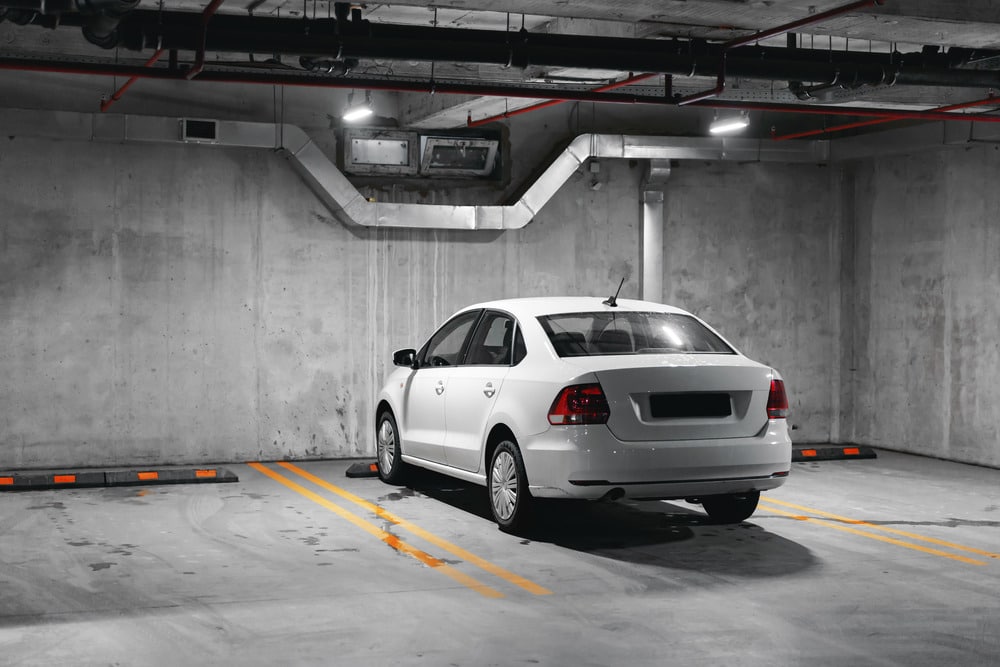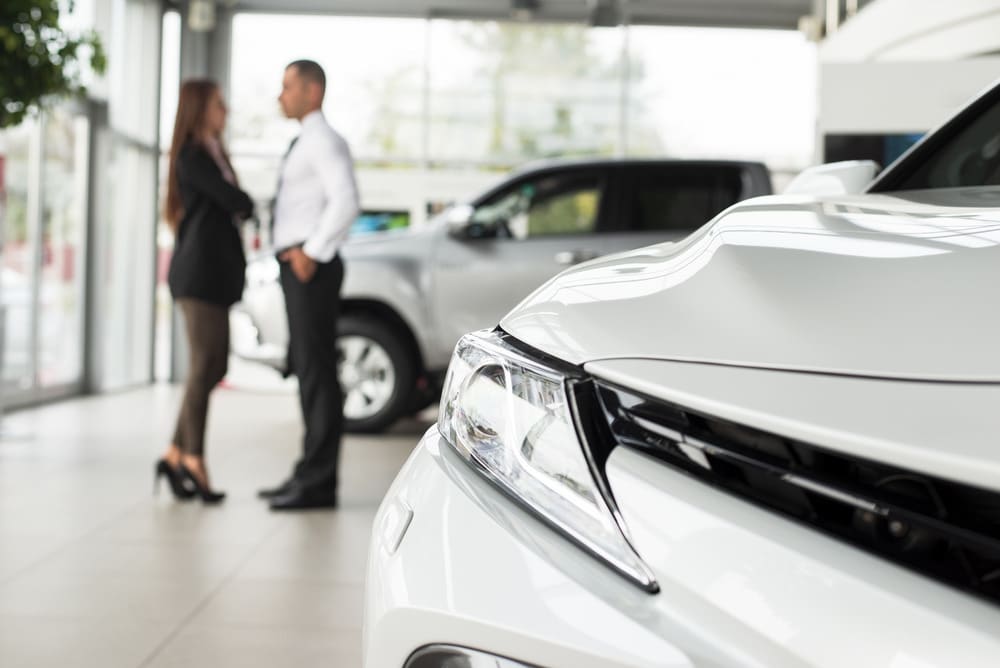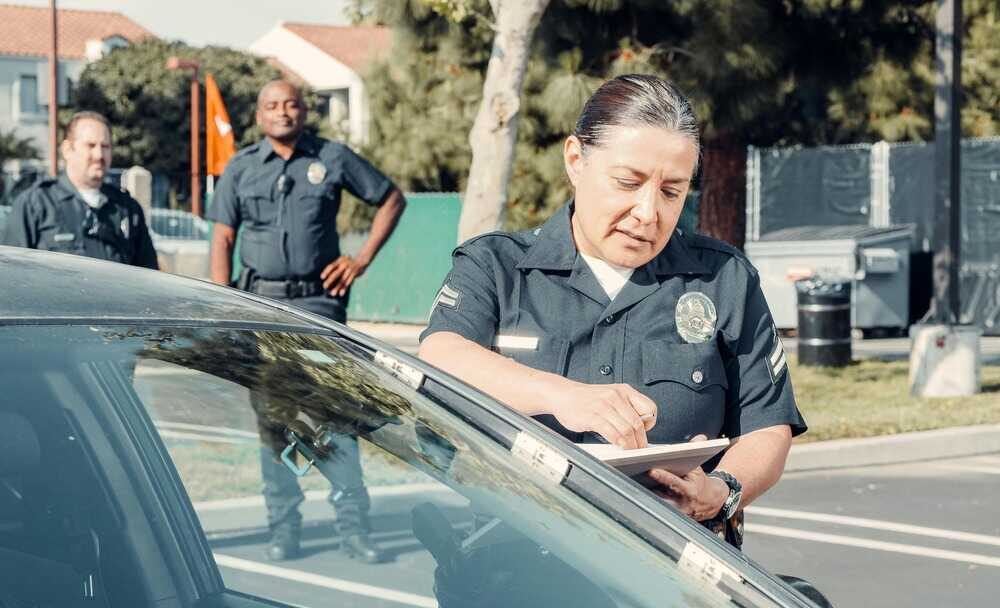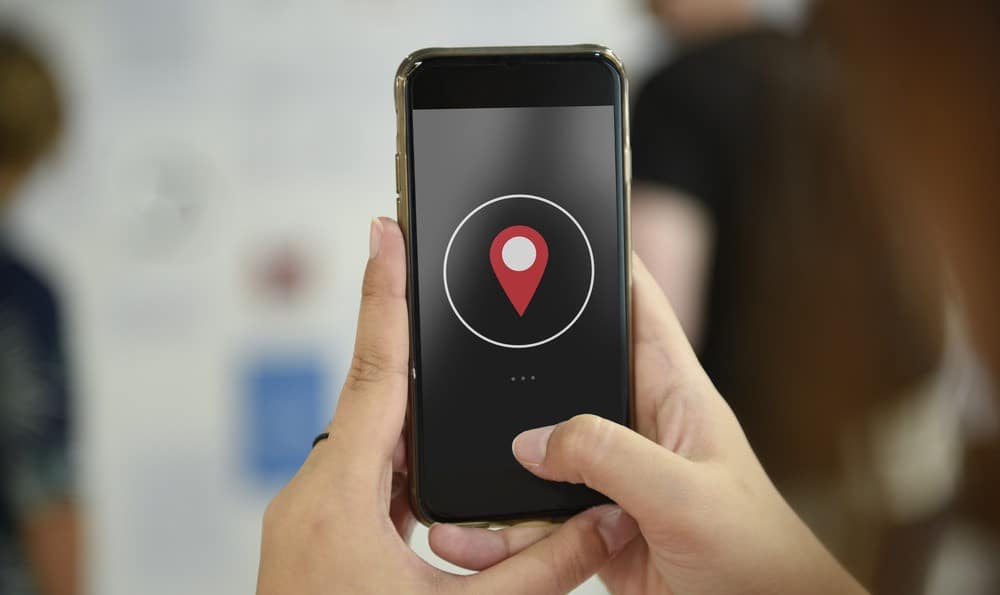Number plate cloning is becoming a more significant issue in Queensland. It’s crucial to understand what plate cloning is and how you can prevent it from happening to you.
We’ll also reflect on a case study involving one of our clients that shows how a lawyer can help you through the situation.
Key takeaways
Number plate cloning is an identity theft that implicates innocent car owners in vehicular crimes.
Cloning involves finding a target vehicle, copying or stealing its plates and installing them on a vehicle of a similar make and model.
The risk of number plate theft and plate cloning can be reduced through various measures.
Our law firm was able to help a client avoid criminal charges after being subject to plate cloning.
What is Number Plate Cloning, and how can it affect you?
Number plate cloning is a form of vehicle identity theft in which someone copies a car’s registration plate and places it on a similar vehicle. It’s usually done with a car similar in make and model. Number plate cloning is committed for various illegal purposes.
These can include avoiding parking tickets, speeding fines, or even more serious crimes like evading law enforcement detection while committing other offences. Despite directional security markings on Queensland plates that help identify fake plates, cloning is still an issue.
How is number plate cloning committed?
Select a target plate.
The person intending to clone a plate usually selects a registration number from a vehicle that matches their vehicle’s make, model, and colour. This helps ensure the cloned plate appears legitimate at a glance and is less likely to arouse suspicion.
Create duplicate plates
The cloner either purchases new plates from illicit sources or makes them using a hi-tech 3D printer. High-quality replicas may be ordered from unscrupulous vendors who don’t meet the legal requirements for producing and selling vehicle plates.
Install on the clone vehicle.
The cloned plates are attached to the vehicle intended to masquerade under the stolen identity. This vehicle can now travel with less risk of being connected to its registration details. This assumes the identity of the original vehicle whose plate was cloned.

How can I avoid having my number plates cloned?
Crimes involving number plates can happen in a couple of ways. Thieves can steal physical number plates or create fake plates copied from a different car.
Here are some tips to avoid each situation.
Number plate theft
Use Tamper-Proof Screws
Install anti-theft or tamper-proof screws on your number plates. These screws are designed to be difficult to remove without specialised tools. This will deter thieves from stealing your plates.
Secure Parking
Park your vehicle in a secure, well-lit area or a garage whenever possible. Vehicles parked on the street or in unsecured public parking lots are more vulnerable to plate theft.
Regularly Check Your Plates
Regularly inspect your plates to ensure they have not been tampered with or replaced. If your plates are damaged or appear different, report this to the authorities immediately.
Number plate cloning
Obscure the plates
If you post pictures of your vehicle online, obscure the vehicle’s registration number. This prevents criminals from scouting your vehicle as a potential target for plate cloning.
Monitor Your Records
Keep an eye on your driving and penalty records. If you receive fines or notices for infringements that you did not commit, investigate immediately. This could be a sign of plate cloning.
Use a Vehicle Identity Validation Service
Some services offer a vehicle identity check to ensure the details of your vehicle match those recorded officially. This can alert you to potential discrepancies that might arise from cloning.

Please go to this link if you think need to replace or make any changes to your number plate.
Case study: Received False Traffic Infringement Notices
In January 2018, a fellow who owned a small motor dealership came to us for help. He had received numerous traffic camera infringement notices for offences he had not committed.
The infringement notices were all for one of the vehicles he had advertised on the internet. The website he used had brought in a policy that registration plates needed to be clearly displayed on all advertisements of cars being listed for sale.
This meant that people listing their vehicles on the website provided the greater public with the make, model, colour and registration.

Without registration stickers, those willing to take the risk have been replicating or cloning number plates and putting them on cars of a similar make and model to the ones listed for sale. They have then been committing crimes using the cars with the cloned number plates.
Some of these crimes are traffic infringements, such as those in our client’s situation. However, there have been other instances where more serious offences have been committed, such as using the car during the crime or leaving the scene.
This is a relatively new issue in Queensland, and the police have advised that it is relatively rare. Because of the way traffic camera infringement notices are issued, the person who has been issued with the ticket has the reverse onus to prove that it wasn’t them driving the vehicle.
This is sometimes very difficult for people to prove, especially if they live alone and the offences happened late at night, which was the case for our client.

When our client started receiving the infringement notices, he immediately went to his local police station to report the crime. The officers weren’t familiar with number plate cloning and advised him they had no authority to cancel the infringement notices.
They told him he only had two options: to pay the tickets or elect a court to hear the matter. This is when he sought legal advice and came to see us. We initially elected for the court to listen to the matter and then made submissions to the police, trying to provide them with enough evidence to prove that the car in the notices was not our client’s.
After being unable to obtain corroborative evidence easily, we delved into his smartphone notifications. Our client’s location services were switched on, showing he was at home when all the offences occurred. This was one of those instances where he was happy that his phone was tracking his every move.

Understandably, this alone wasn’t enough for the police to cancel the tickets. We had to find more evidence to convince them that our client wasn’t trying to get out of multiple speeding tickets.
We then took a closer look at the car in the infringement photos, and while many of them were of relatively poor quality, we could identify distinct differences between our client’s car and the one in the photos. This, along with a mechanic’s report advising that there was a defect in our client’s vehicle that was likely to cause it to go into “limp mode” once it went over a certain speed, ultimately saw the police discontinue their action against our client.
This took five months, many hours of work, and a lot of stress and anxiety for our client, not to mention the expense to him and to the public for the police’s time and resources.
Conclusion
These sorts of opportunistic crimes are likely increasing, especially as we no longer have registration stickers on our cars.
If you or anyone you know has been issued a traffic camera infringement notice you don’t believe is yours, seek legal advice before paying it, as someone may have cloned your number plates.






